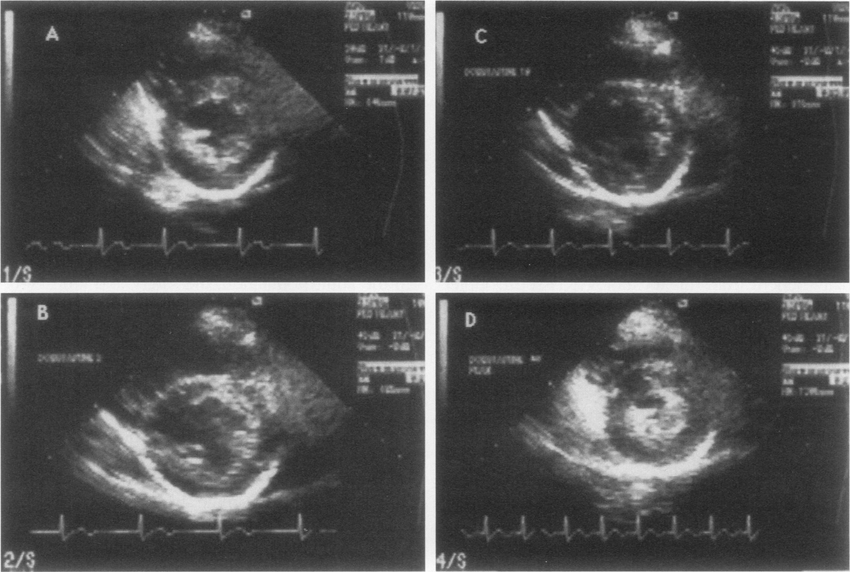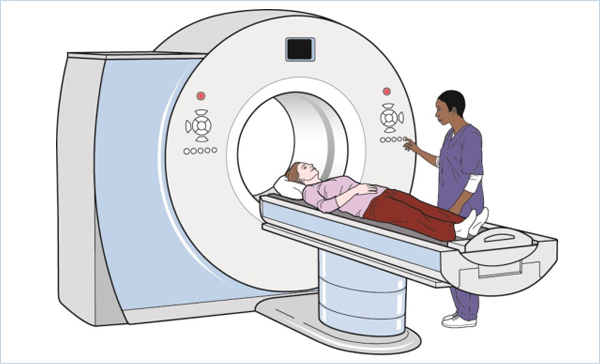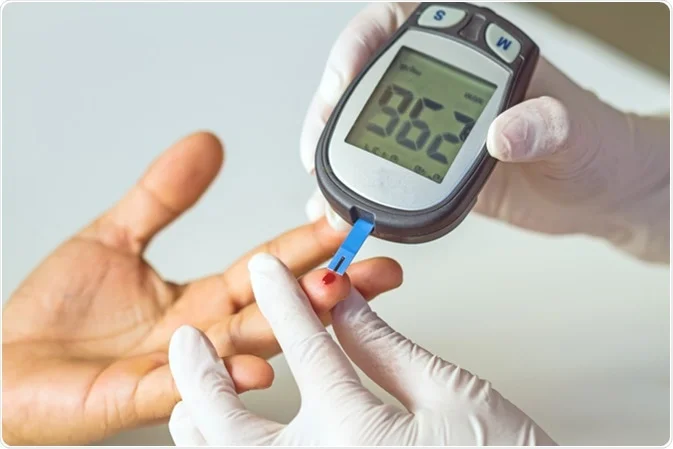
What is Stress Echocardiography?
Stress Echocardiography is a non-invasive screening procedure of imaging the heart that requires a combination of two tests, including an echocardiogram (ECHO) and a treadmill stress test (TMT). It is performed to determine how the heart muscles contract during rest and exercise. Meanwhile the cardiologist monitors blood pressure, heart rhythm and working of blood vessels. During the stress echo, one will undergo three screenings: a rest echo study, a stress test, and a repeat echo (with a faster heartbeat).
Stress echocardiography is suggested to people suffering from chest pain, severely high blood pressure, irregular heartbeats, extreme tiredness, or dizziness to rule out the doubt of developing or existing coronary artery disease or a condition of myocardial infarction (heart attack). While performing the exercises, the doctor will get a comprehensive idea of exertion tolerance during cardiac rehabilitation. In most cases, stress echocardiography helps cardiologists evaluate the treatment methods of certain conditions such as angioplasty, anti-anginal, bypass grafting, and antiarrhythmic medications.
Other Posts

5 Flu-Fighting Foods for Boosting Immunity

Instructions for CT Patients

Importance of HbA1c Testing for Diabetes

MONKEY POX - What you need to know ?




